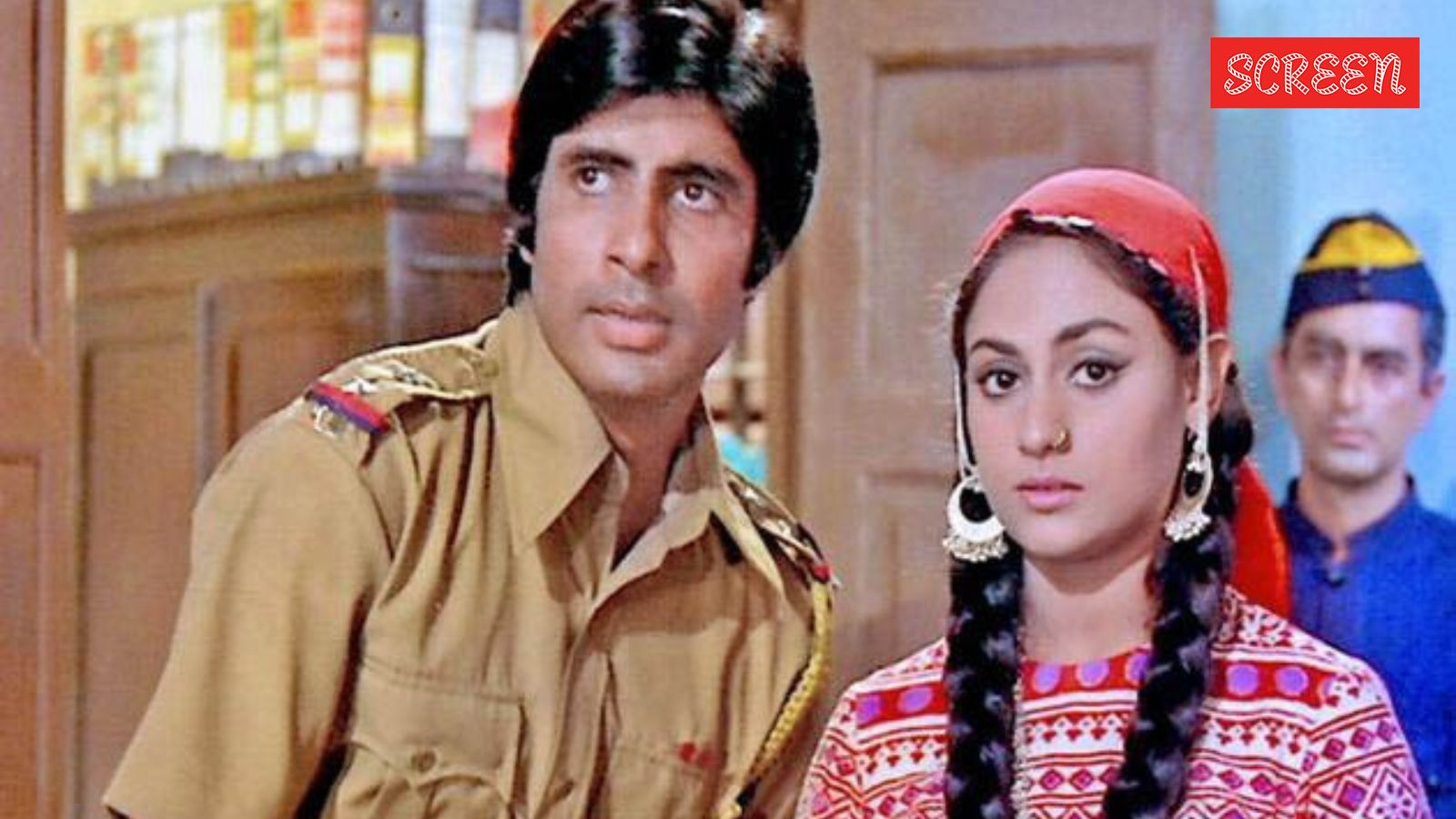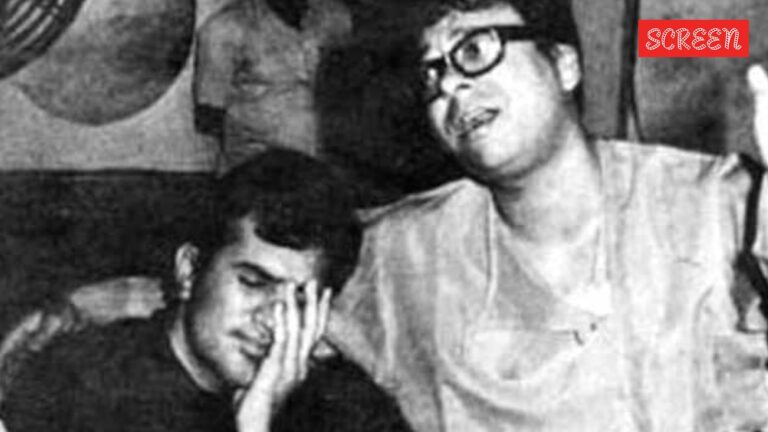Prakash Mehra’s Zanjeer (1973), written by Salim-Javed, became a landmark film in Indian cinema. It gave a whole new identity to Amitabh Bachchan, who until then had seen 16 flops and almost lost hopes to make it big as an actor. But, it was his luck that made him who he is today, believes veteran actor Raza Murad. The film launched Amitabh into superstardom, leading to a string of hits like Deewar, Sholay, and Don, among others.
In a recent interview with The Filmy Charcha, Raza Murad claimed that one needs 90% luck to make it big in the industry. To prove his point, the actor took the example of actor Amitabh Bachchan, whose life changed overnight with a single film that chose him as its lead star.
“Amitabh Bachchan was thrown out of Duniya Ka Mela. The makers replaced him with Sanjay Khan. 16 of his films flopped. Distributors said nobody will turn up to theatres if he will star in a film. At that time, his luck was not with him. But when the luck was in his favour, everything fell in place.”
He explained, “When Prakash Mehra wanted to make Zanjeer, he went to Dilip Kumar, Dharmendra, Dev Anand, Rajkumar, and they all refused for some or the other reason. The subject was extremely hero-oriented, yet, these superstars rejected it. Nobody knows why, but one can say that the luck wanted Amitabh Bachchan to lead the film. When nobody wanted him, and Prakash Mehra had no option, Jaya Bachchan (then Jaya Bahaduri) recommended the director he take Amitabh Bachchan and rest is history.”
With this anecdote, Raza Murad asserted that “Luck is very important in this industry.”
Zanjeer didn’t just become a turning point in the life of Amitabh Bachchan but also writer duo Salim-Javed. Apart from them, the film’s character Sher Khan, played by actor Pran became a cult figure with his Pathani attire. Dialogues from the film, such as “Yeh police station hai, tumhare baap ka ghar nahin” became a part of pop culture. The film redefined Hindi film heroes with many claiming Amitabh Bachchan’s Vijay gave voice to the frustrated Indian middle class of that era. It shifted the focus from romantic heroes to gritty-brooding protagonists.
























